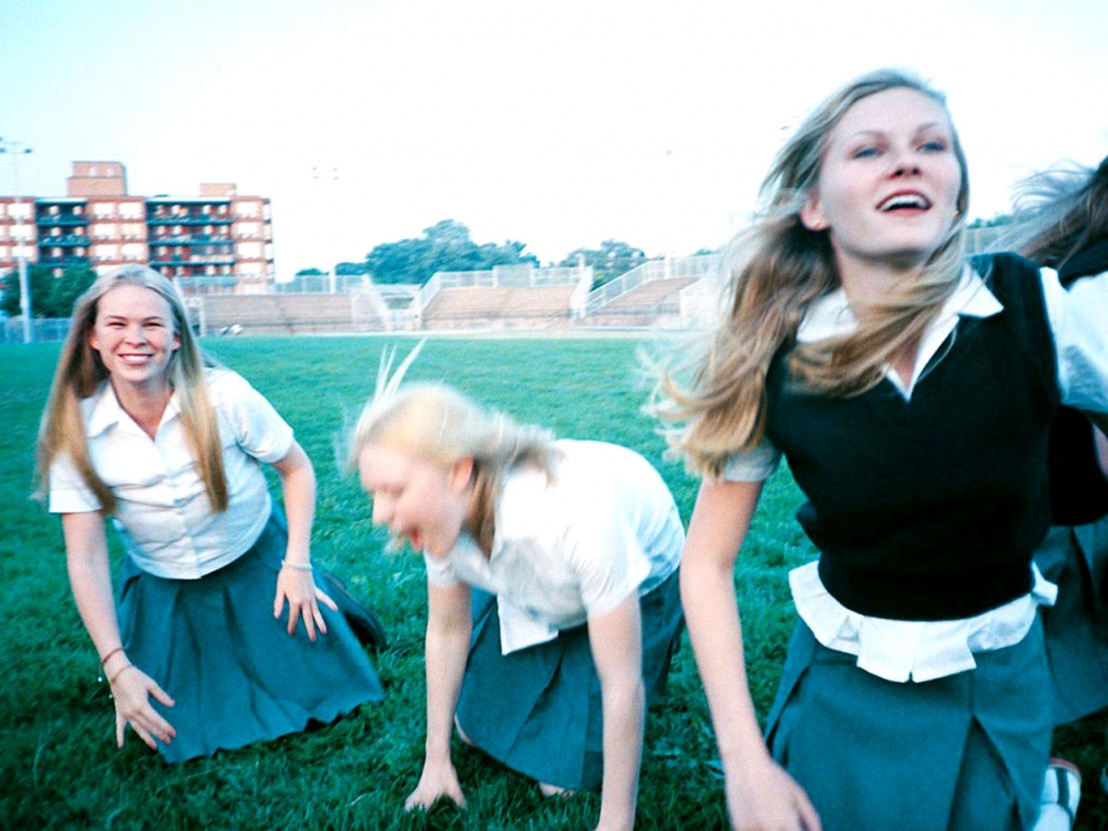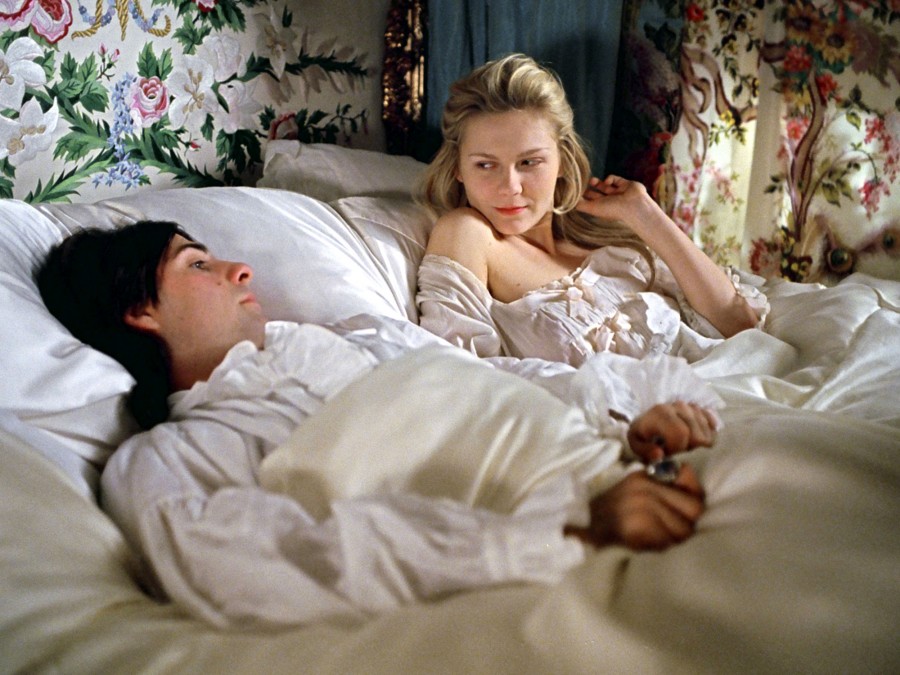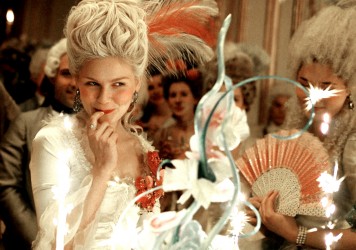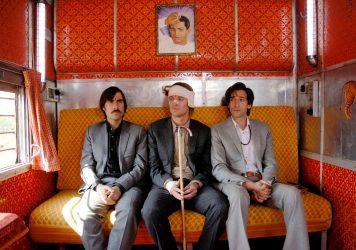
I remember clearly those were worst years of my life – the five-year span from my 13th birthday up until my 18th, when adulthood beckoned me forward with its crooked hand. I’m not sure I’ve ever been as unhappy as I was as a teenager, when I was fat and ugly and friendless. I was spiralling out of control in any and every direction, desperate for an anchor to fix me to reality. I had a Sylvia Plath phase (what teenage girl doesn’t?) where I fantasised about death by carbon monoxide poisoning, perturbed by the fact we had an electric oven rather than gas. But it was Plath that led me to Jeffrey Eugenides’ The Virgin Suicides, which in turn led me to Sofia Coppola. When I found Coppola, I found meaning in my misery.
The suburban sprawl of Grosse Pointe, Michigan doesn’t have much in common with the ex-council estate in Yorkshire that I grew up on – those dreamy Coppola visuals in The Virgin Suicides are a million miles away from the grim Loachian North I know (that’s not hyperbole, my grandma went to school with the author of Kes). Yet while her setting provided escapism, the film entranced me – I saw myself in the Lisbon girls, saw myself in Cecilia lying in her hospital bed, who when asked how she could know how bad life gets replies “Obviously doctor, you’ve never been a 13-year-old girl.”
There’s a unique wretchedness in transforming from a child to an adult, and some of us look to film to translate our emotions into something we can experience with our senses. In The Virgin Suicides I saw so clearly my despondent inertia looking back at me – how boys were foreign entities, how I longed for freedom while simultaneously being terrified of it, how desperately, deeply unhappy I was, with seemingly no deeper explanation. I found catharsis in Coppola’s muted melancholy and a sense of sisterhood in knowing I was not alone. If it sounds trivial, it’s because it is – teenagers are trivial and transitory, caught between two vastly different worlds.

No teenager exudes triviality on such a grand scale as Marie Antoinette, played by Kirsten Dunst in Coppola’s 2006 biopic. Whilse the film divided audiences due to its historical inaccuracies, contemporary soundtrack and apparent vacuousness, Coppola’s film succeeds as a mediation on adolescence. Dunst plays the teen queen with a familiar bratty vulnerability, all at once tragic and terrible and hopelessly human, no longer a portrait on a wall but a living, breathing teenage girl. Like adolescence itself, the film sings with colour and noise and light and sadness, and it’s this giddiness that enthralled a 16-year-old me.
Perhaps it’s the lack of pretence that so attracted me to these particular Coppola films, which set their stalls out so clearly – death is an inevitability for the Lisbons as much as it is Marie Antoinette, but the stories Coppola tells brim with life, beauty and noise. The internet has ensured I can never forget the terrible fashion choices I made as a teenager – I was nowhere near as well put-together as a Coppola girl, but I saw myself in her films’ eclectic soundtracks. In particular her use of Heart’s Magic Man to accompany nineties heartthrob Josh Hartnett’s entrance in The Virgin Suicides is a stroke of genius, evoking memories of those countless school nights spent replaying that one song that reminded you of your crush.
When I look back at Coppola’s films now, something strikes me that never crossed my mind when I watched them for the first time: they are centred on the relationships between teenage girls and the men in their lives – their fathers, their friends, their lovers. In The Virgin Suicides, the story is narrated by the teenage boys who vaguely knew the Lisbon sisters, and have been haunted by their suicides ever since.
We see the Lisbon sisters through the ever-present male gaze, and the invasion of their personal space is a recurring theme, as the teenage boys spy on them from afar, and steal Cecilia’s diary after her suicide in order to better understand her frame of mind. They speculate and conjecture about the girls they so longed to get close to, but ultimately can never have. “We felt the imprisonment of being a teenage girl,” says Giovanni Ribisi’s narrator – and I felt it too in Marie Antoinette, whose life was dictated by the rule of men, and her autonomy found in the form of excess as rebellion.
What Coppola captures in her films is the unique feeling of teenage entrapment and desperation in all its forms – from the melancholy of the Lisbon sisters to Marie Antoinette’s adolescent reverie – but also the capricious, electrifying power of youth. Everything moves both too fast and agonisingly slow when you’re a teenage girl, and the weight of the world yours alone to carry. No one understands this unique power and pain better than Sofia Coppola.
Published 24 Jun 2017

Sofia Coppola’s opulent period drama explores female self-empowerment in a man’s world.

The writer/director tells us how she toyed with gender politics and screen hunks for her new film, The Beguiled.

The Whitmans, the Tenenbaums and others lifted my spirits at a time when it seemed nothing could.